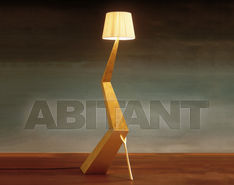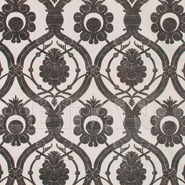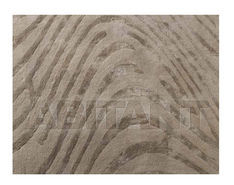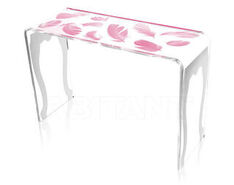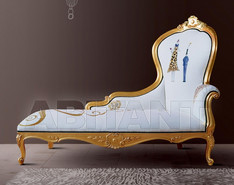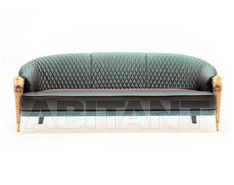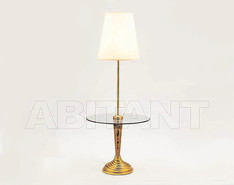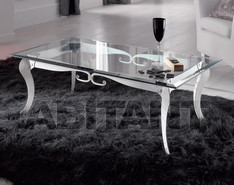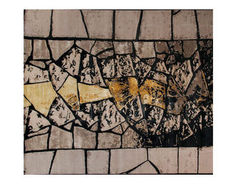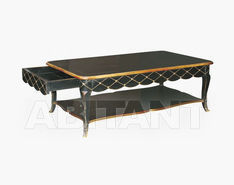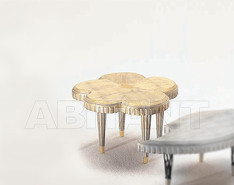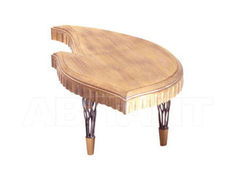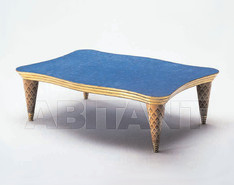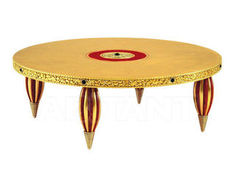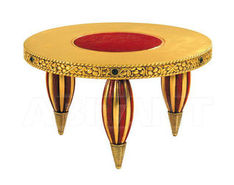Coffee table Target Point Giorno TL201
product code: 140307
Price level
Low
Price depends on
configuration and the volume
of your order
configuration and the volume
of your order
Price
on request
on request
108
Estimated delivery time
- From 3 To 4 weeks
- Information on request
- 1 week
Sizes
110 cm
65 cm
42 cm
Product Specifications
| Adjustable height | No |
|---|---|
| Avaliability of shelves | Yes |
| Type of shelves | Opened |
| Number of shelves | 1 |
| Shelf material | Glass |
| Folding | No |
| Availability of lighting | No |
| Materials | Stone |
| Table top material | Glass |
| Table top shape | Irregular, Oval |
| Type of corners | Rounded |
| Avaliability of legs | On Central Support |
| Avaliability of pull out box | No |
| Dimension with package | 0.38 m3 |
matching this productClick to select a particular type of product
| Functional Purpose | For Living Room, For Home |
|---|
Product colour
Gold
Glass / Acrylic
Style
Loft / Fusion / Vintage / Retro
Combining the incompatible: the Viennese chairs, lamps by Philippe Starck, the bathroom in the style of hi-tech and Empire-style doors. All of this is eclectic and is called "fusion».
By combining several trends in a single interior design it is possible to create a sort of "artful chaos" that is the "Fusion" style. However, it is not that simple. Fusion implies extraordinary ideas that transcend the commonly accepted stereotypes. Fusion is an experiment. There are no rules when creating a Fusion interior, for there cannot be. It is a mix of styles, each time with different ingredients and in different proportions. That's why a Fusion-style interior cannot be copied - the style itself does not allow any copying. It opens up great opportunities for creativity and can satisfy widely varied tastes and requirements. Fusion likes the daring. It often incorporates seemingly unmixable items that we're used to seeing in specific interior styles: Classical, Baroque or even High-Tech.
Art Deco / Art Nouveau
Art Deco is a relatively young style that emerged at the beginning of the 20th century. It owes its existence to France and the French, and it used to represent the combination of modern and neoclassical styles in architecture, fashion and art. Then, in the 1970s, the term "Art Deco" was extended to also mean a style of interior design. This style's characteristic feature is the seemingly impossible fusion of classical straight lines and strict forms with the asymmetry of luxury and splendour. Art Deco interior design implies an abundance of expensive, exotic materials, plenty of curved lines, mythical paintings and tapestries of dragons and peacocks. Art Deco is considered to be the most original style of interior design, it leans toward ostentatious luxury and splendour and absolutely does not tolerate asceticism or minimalism. When decorating in this style, designers often use inclusive fountains, podiums, forged lattice, exotic fans, marble decorations and stained glass. Art Deco furniture also has to be unique in appearance and very rich - created using light wood, genuine leather, chromium-plating.
Other coffee tables










